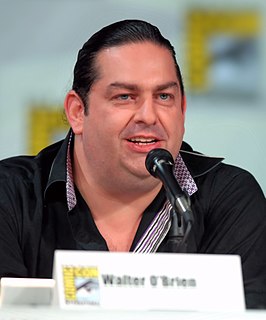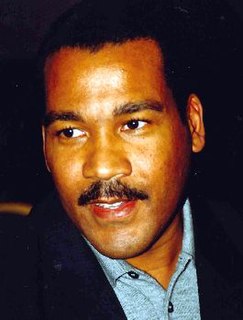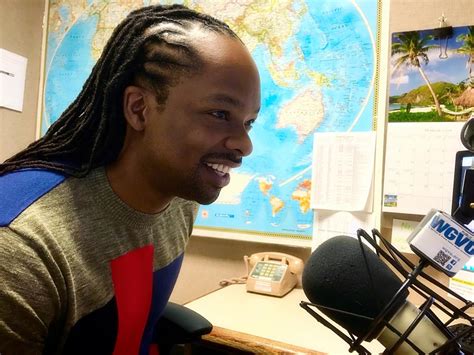A Quote by Dorianne Laux
Every good poem asks a question, and every good poet asks every question.
Related Quotes
On some positions, cowardice asks the question, is it expedient? And then expedience comes along and asks the question, is it politic? Vanity asks the question, is it popular? Conscience asks the question, is it right? There comes a time when one must take the position that is neither safe nor politic nor popular, but he must do it because conscience tells him it is right.
Cowardice asks the question, is it safe? Expediency asks the question, is it politic? Vanity asks the question, is it popular? But conscience asks the question, is it right? And there comes a time when one must take a position that is neither safe, nor politic, nor popular, but one must take it because it is right.
With lines that show an unyielding dedication to craft, these poems are not afraid of meaning or the meaningful. More and more every day, the thinking American asks how she is to believe in love when there is war all about her, and in each of her deeply felt lyrics, Elyse Fenton confronts this question with the kind of tenderness one lover reserves for another. If every poem is indeed a love poem,Clamor is indeed a debut worth reading and about which we must make noise.
Look at every path closely and deliberately. Try it as many times as you think necessary. Then ask yourself and yourself alone one question. This question is one that only a very old man asks. My benefactor told me about it once when I was Young. And my blood was too vigorous for me to understand it. Now I do understand it. I will tell you what it is: does this path have a heart? If it does, the path is good. If it doesn't, it is of no use.





































